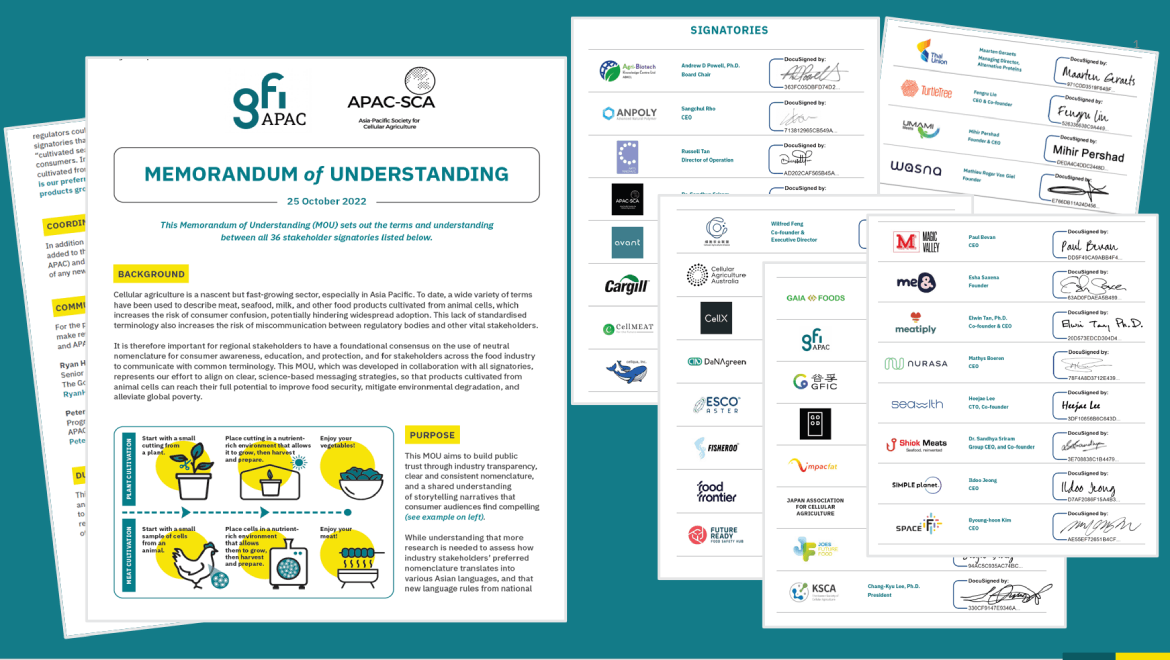The Republic has played key roles as a test bed for novel foods and a proactive player in accelerating the category on the global stage. For example, Singapore has actively shared its novel food experiences as part of multinational initiatives driven by the Food and Agriculture Organization of the United Nations (FAO) and Codex Alimentarius Commission—a joint body of the FAO and World Health Organization dedicated to developing global food standards. Such knowledge sharing is important because not every country has the bandwidth to conduct its own alternative protein R&D or research the nuances of food safety and consumer protection in promising new fields like cultivated meat. In those circumstances, concrete technical materials from nations that do have first-hand experience enable other countries to build their own novel food frameworks on a solid foundation.
“Any time new foods are introduced to mainstream consumers, there will be a steep learning curve. That’s why it’s so exciting that our sector has unified early behind the familiar and scientifically accurate term ‘cultivated,’ which reassures consumers that meat, seafood, fats, and other products made from animal cells are safely and thoughtfully grown and harvested, in a process similar to growing plants in a greenhouse. For startups like mine, having a common term to describe our field allows us to spend less time on basic consumer education and more on scaling up a future-proof food system in Asia.”
- Shigeki Sugii, Ph.D., founder of Singapore-based startup ImpacFat
Singapore’s bold ambitions in food innovation stem from its goal to source 30 per cent of its nutritional needs locally by 2030, while creating new jobs and business opportunities in the emerging food tech sector.
For some entrepreneurs, Singapore has become a food tech hub with a vibe akin to the early days of Silicon Valley, when local startups were rapidly buying up office space that put them at the centre of the action.
About the Authors:
Ryan Huling is Senior Communications Manager at the Good Food Institute APAC—Asia’s leading alternative protein think tank. Prior to joining GFI, he was working as an international consultant for the Food and Agriculture Organization of the United Nations (FAO), based in Hanoi, Vietnam, where he focused on sustainable food systems.
Peter Yu is Program Manager for the APAC Society for Cellular Agriculture—an association and coalition of 10+ cultivated meat and seafood companies across the APAC region. Peter holds an MBA from the National University of Singapore and a MSc in Bioengineering from the University of Hawaiʻi at Mānoa.









